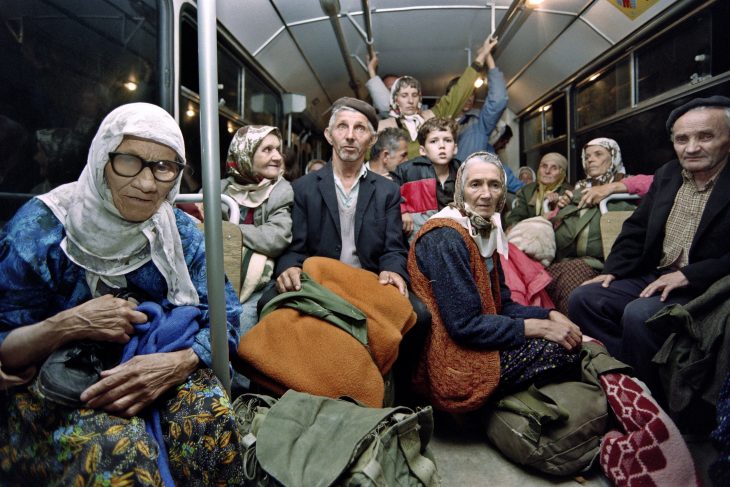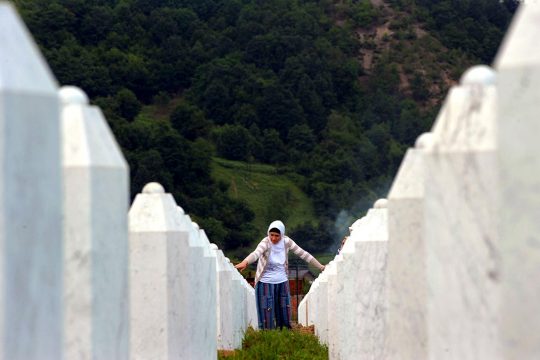This December 21, the International Criminal Tribunal for the former Yugoslavia (ICTY) will close its doors. Never have so many crimes provoked so much investigative work. Never has a war been so documented, examined and analysed by judicial authorities since the Second World War. Now it is time to analyse the record of this first international criminal tribunal, its successes and failures. This is indispensable, if only to learn lessons for the future of international justice.
What is most striking is the huge gap between judicial truth and the way it resonates in the societies most concerned. With courage, but also with sadness, the ICTY Prosecutor recognizes that those being glorified today are the war criminals and not their victims. This is what has happened again in the last few days with the judgment on Ratko Mladic, sentenced to life imprisonment for genocide but celebrated by some of his people. This is a terrible realization for a form of international justice which took place to the end away from the region concerned.
This failure calls for deeper reflection on the challenge represented by an international court’s capacity to get its message across in divided societies. What does this failure mean for 5,000 victims who have testified in the different ICTY trials, many of whom have risked their lives to remind people of past horrors? As a journalist who reported on the war, I remember the worn faces of men, women and children driven from their homes as they descended from buses, the bombs that rained daily on Sarajevo and accounts of torture. I remember the need for recognition and dignity of those who were dispossessed, and the promise of justice that was made to them much too lightly. I remember how General Mladic and Radovan Karadzic were received at the UN in Geneva for the peace conference on former Yugoslavia whilst they were at the same time orchestrating and carrying out a campaign of ethnic cleansing.
Is justice in wartime possible? And when the guns are finally silent, does it resonate when societies remain deeply divided, every community scarred by past violence and obsessed with asserting its own identity because fearful of the future? International justice claims to work in the name of humanity, an ambition which deserves the highest praise. But universality remains an abstraction. What does the failure to stigmatize war criminals in former Yugoslavia mean for the populations of the Central African Republic (CAR), Syria, Yemen and elsewhere? What can they hope for today?
In my life as a journalist and then supporting the mediation processes at the Centre for Humanitarian Dialogue, I have for the last 25 years been hearing in former Yugoslavia, the Central African Republic, Afghanistan, Colombia and elsewhere the unquenchable thirst for justice of victims, their families and the majority of their societies. It is clear it takes time, often a long time, for a terribly imperfect justice to be rendered, and sometimes an even longer time before the record of these crimes is recognized, when the time for reconciliation comes.
The words that touched me most on the act of testifying today in former Yugoslavia were those of Sanja Coric, because she expressed with uncommon force both the limits of justice and its necessity. She, like other women, was raped in 1993 in the Vojno camp, not far from Mostar. Despite constant threats and intimidation, insults from nationalists and fear in her heart, she testified openly. “Sometimes I regret having testified,” she said. “Fear is always with the victims, not with the war criminals. I realized that a witness is like a dusting cloth. You use it to remove the dust and then, when it is no longer needed, you throw it away. But I tell myself that we were also right to testify. We overcame our fear and we have succeeded in erecting one of the greatest monuments. Our monument is not made of stone or of concrete. It is the judgment. This is the record that will remain for future generations.”






